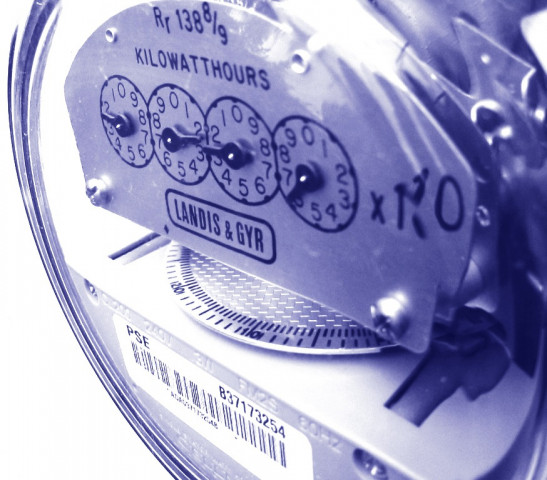At least 30% increase expected in electricity tariff for residential consumers
Change expected to be implemented on October 1 for who consume 200 units or less of electricity.

This will be implemented on those people who consume 200 units or less of electricity. PHOTO: FILE
This will be implemented on those people who consume 200 units or more of electricity. The increase in electricity tariff is one of the requirements of the loan deal by the IMF.
It is not necessary for the Parliament to approve this decision.
Earlier, the electricity tariff for the agriculture sector was also increased and the subsidy for the sector was cut. This was done as a requirement for the initial reimbursement of the loan given by the IMF.
Also, there was a sudden increase in electricity tariff on the textile industry along with several other adverse factors which would render the value added textile sector noncompetitive in the international market against vigorous competitors such India, China, Bangladesh, Sri-Lanka and other competing countries whose cost of doing business is much lower owing to several subsidies.
Correction: An earlier version of this article misstated that the new tariff will apply to consumers of less than 200 units of electricity. The correction has been made.





1710175205-0/image-(9)1710175205-0-208x130.webp)













COMMENTS
Comments are moderated and generally will be posted if they are on-topic and not abusive.
For more information, please see our Comments FAQ